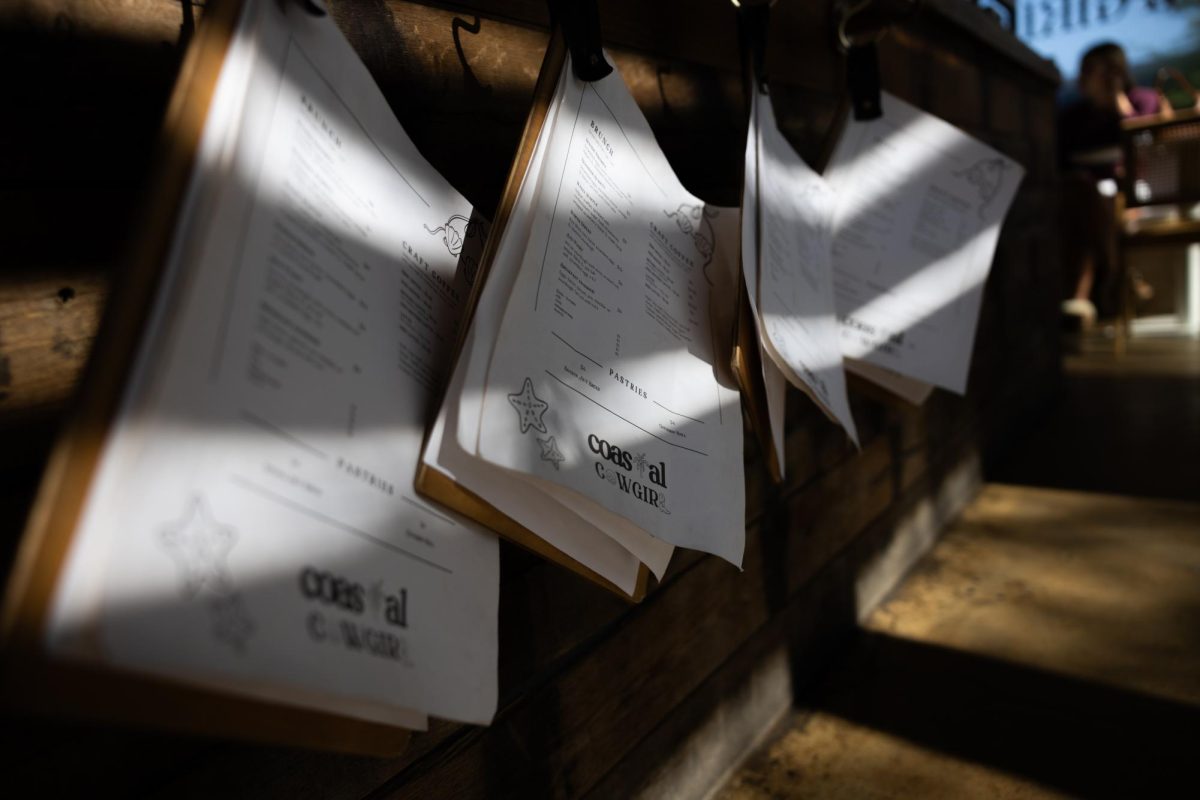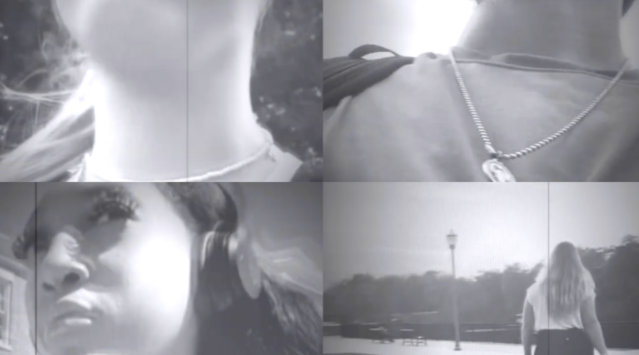Many students have a safe place or person they can talk to when they need to escape. For 21 University of Alabama women, Alta Marea fills that role.
Although it may sound like a religious group, Alta Marea is actually the University’s winter guard. Translated from Italian, the name Alta Marea means “high tide,” Steve Simpson, director of Alta Marea, said.
Alta Marea is comprised of a smaller group of women from the Million Dollar Band’s fall color guard and represent a variety of majors across campus, Simpson said.
“They first have to be a member of the MDB and from that, there is a separate audition and evaluation of those who are interested in pursuing membership in [Alta Marea],” he said. “It is honestly something that is not for everyone. It is a specialized ensemble that requires dance and equipment skills that everyone might not have or be interested in pursuing. They also have to balance academics while doing this; it’s very time consuming.”
Recently, Alta Marea’s performance of its 2013 show “Shall We Gather” resulted in a sixth place ranking in the independent open class at Winter Guard International World Championships in Dayton, Ohio.
“It is such a blessing to march with Alta Marea,” said Ciara Daniel, a junior majoring in restaurant and hospitality management and a third-year member of the group. “We may not be the best in our class, but it is an honor to know that we were great enough to make finals at world championships each year, which most guards do not have the opportunity to do.
“We gave everything we had at championships and had a near flawless run and no score can represent the pure joy we felt coming off the floor. We strive to be the best we can be and to say that you are sixth in the world is pretty awesome.”
Winter guard differs greatly from what students typically see from the MDB color guard in the fall, said Katie Rushdi, a senior majoring in business management and fourth-year member of the group.
“[Winter guard] is a lot more artistic, has a lot more dance movement involved and really features what our members are capable of doing,” Rushdi said. “Because we have no band to hide behind, our performances become a lot more personal during winter guard.”
Winter guard also takes place entirely indoors, which means members do not have to deal with elements such as wind or rain during rehearsals. The intensity of work, though, leaves more room for accidents and injuries.
“This season was also a little more difficult in terms of injuries than in the past few season,” Rushdi said. “Many people don’t realize how much of a physical activity [winter guard] is, but this season alone we’ve had at least three major back injuries, a pretty serious wrist injury, numerous sprained ankles and two broken feet.”
Rushdi was one of two members who suffered a broken foot and performed in a boot for part of the season, Simpson said.
“Shall We Gather” featured the music of the hymn “Shall We Gather at the River,” said Rebecca Blackmon, a sophomore majoring in exercise and sports science and second-year member of the group.
“We do one show throughout the season, usually somewhere between four and five minutes long,” Blackmon said. “We compete indoors in gymnasiums and to a song soundtrack, unlike fall color guard.”
Blackmon said the guard rehearses 20 hours a week during weeks they do not have a competition and 30-40 hours on weeks when they do.
Along with placing sixth in the WGI World Championships, Alta Marea also competed and placed first in four different Southern Association for Performance Arts events, including the SAPA championships. They also competed in a WGI Regional, WGI Mideast Championships and in the Southeastern Color Guard Circuit.
“Competition days are crazy for Alta Marea,” Blackmon said. “We meet at a charter bus in the Moody [Music Building] parking lot around 8 or 9 a.m. From here we go to rehearsal for two hours to get warmed up and fix a few last minute things. Then we hit the road to wherever we’re competing.”
Once they get to a competition location, the members have to get dressed in their performance attire and do a group stretch with their choreographer Adam Dalton, a UA doctoral candidate in musical arts for conducting. Blackmon said the winter guard receives eight minutes for a body warm-up and eight minutes for an equipment warm-up before it is time to perform.
“I always get super nervous during the transition time from warm-up to the gym,” Blackmon said. “Once we get on the floor and start performing, though, it all goes away and all I can think about is doing my job as a member.”
When she performs in front of people, Rushdi said she experiences an inexplicable adrenaline rush.
“That moment when I come off the floor knowing I did everything I could to help my team is just an incredible feeling,” Rushdi said. “I am thankful for all the wonderful experiences and friends I have gained by participating in winter guard at Alabama. At the end of the competition day, all of the hard work and dedication has paid off, and I couldn’t imagine doing anything else.”








